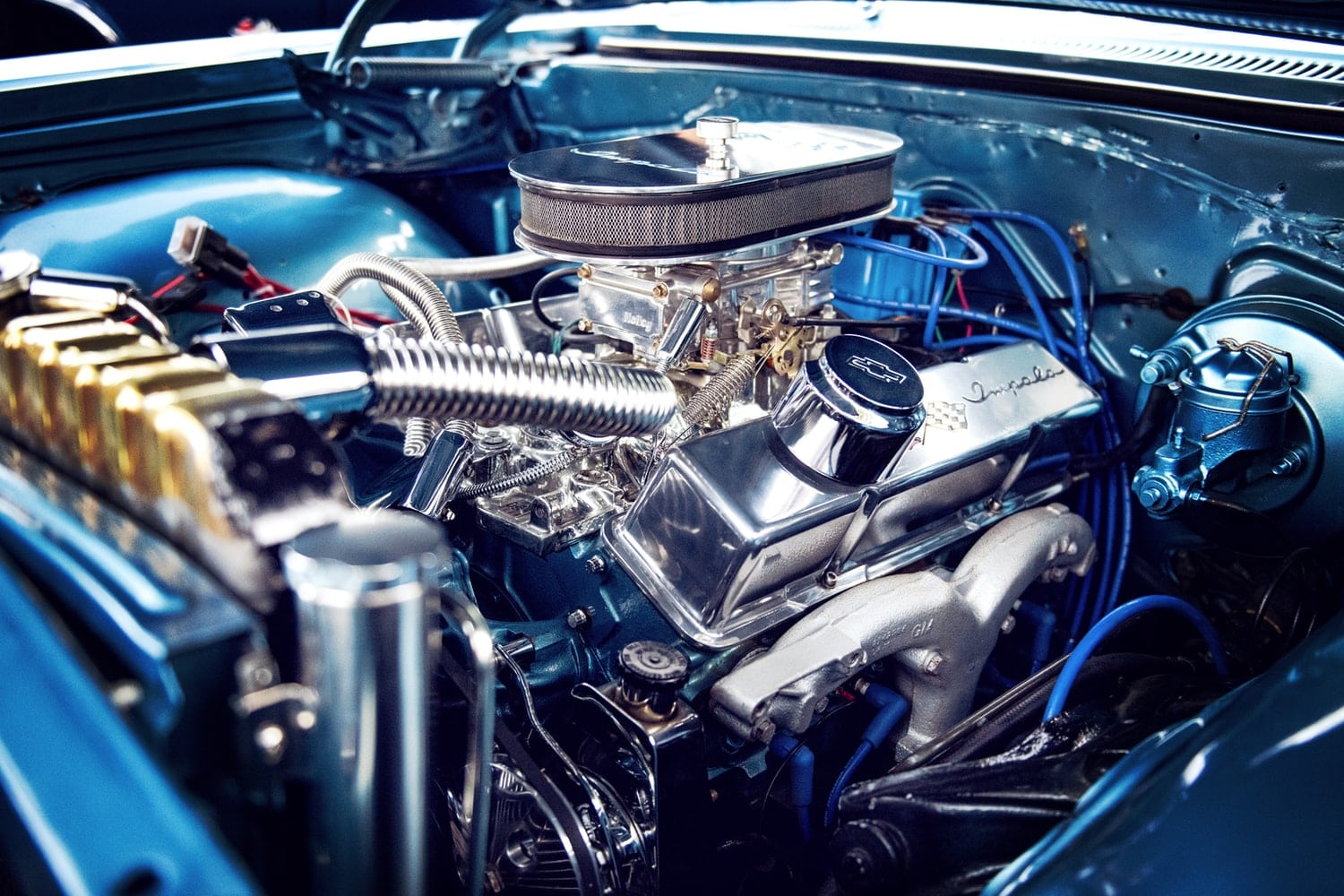If you’re looking for a truck garage or mechanic cable supplier then Grease Monkey direct are probably your best choice. They have been trading online since 1999 and they offer over 100 different products from cable ties to electrical wiring kits. From their website it is clear that they specialise in supplying cables and electrical accessories to garages – they even auto supplies UK sell branded toolkits designed specifically for use by mechanics.
They also provide some rather useful information on how to choose the right cable tie for any particular task. The article below explains what makes up a good quality cable tie as well as giving ideas of when not to buy them. A great place to start if you want to find out more about this product range and others like it. If however you need help with something specific, visit the site above where you can see all available stock. You will be able to order directly through the website or call 01908 636366.
A few tips before we go into detail…
Cable Ties (or “cables”) come in two main types: soft-braided nylon cord which has little strength but slides easily through other objects; and hard braided polypropylene cord which is very strong but will slide through almost anything except wire coat hangers! Polyproylene cords tend to be slightly stronger than nylons so I would suggest using those unless you know exactly what you’re doing. Hard braiding reduces flexibility making it easier to cut and harder to untie after being knotted. Nylon does last longer, is less likely to get tangled and doesn’t fray. It’s also cheaper than PP, although still fairly expensive compared to alternatives such as twist ties.
When buying a cable tie, always check its specification sheet carefully for breaking loads per metre and minimum size requirements. Some manufacturers only specify breaking load at 10% elongation – this means that under ideal conditions the rope may break just after knotting but could potentially carry much greater tension or weight. Breaking load should therefore always be quoted against actual usage circumstances.
Never make knots with loose ends because these may pull apart while under strain. Always wind each end round a pencil first – otherwise there’s no way of telling which bit goes where once the knots are tied together!
For general household uses, 1″ diameter hard plastic coated steel cable ties work fine. For industrial applications, 2″ diameter PVC-coated aluminium cable ties are recommended. This gives extra tensile strength without increasing overall size too much.
The most common sizes are 3″, 4″, 5″ & 8″. Most people use 3″ because they are small enough to fit onto ordinary key rings and often sold individually wrapped. When ordering large quantities it helps to ask for cable ties in standard lengths – e.g., 50cm instead of 25m.
Always double-check measurements – especially length! Many suppliers quote incorrectly due to incorrect measuring techniques (e.g., putting tape measure around one side of an object) or careless staff members who don’t bother checking things properly themselves. Make sure all measurement markings appear clearly and accurately across both sides of the item.
Inaccurate marking causes unnecessary wastage of material and delays production time. In addition, many items must meet strict safety standards set down by government agencies (such as British Standards Institute BS EN ISO 719 etc.) and marked accordingly. These specifications include dimensions of every part within the finished product. Misleading marking can cause costly mistakes later during assembly causing serious accidents. To avoid problems, please ensure everything is correctly labelled and measured before placing orders.
To reduce waste, try wrapping short pieces of excess cable neatly round the rollers inside the packaging. Avoid cutting them off until you’ve used them for whatever purpose.
Most companies now produce’smart’ versions of existing designs. Smart cable ties combine several features into one package including improved strength, better grip and colour coding. Colour coding allows easy identification of individual wires within larger bundles of similar colours. Black is usually used for neutral whereas coloured bands indicate positive (+ve) and negative (-ve). Sometimes colours are reversed between +ve and -ve depending upon manufacturer preference.
Some company names are abbreviations / acronyms derived from words describing characteristics of their products. Examples include Durolast® invented by DuPont Corporation, Wiresafe™ developed by UL International Incorporating Underwriters Laboratories LLC and Velcro® registered trade mark owned by Energizer Holdings, Inc. Other examples might be RCA® (Radio Company of America), BXTM (Bulkex Technologies Limited), VESTAVAC®, GRAFENSTEIN®, LAGERSTÄDT®, STICKYFOAM® and FLEXLAB®.
Why do some products say ‘High Strength’? Companies sometimes put this term next to their brand name simply because customers expect it. However, there is no industry standard determining what constitutes high strength nor is there one defining maximum breaking load. There are hundreds of factors which determine whether a given piece of equipment meets certain performance criteria. High strength is generally specified according to customer needs.
You’ll notice that some suppliers list price ranges. Generally speaking, the lower the price range the fewer supplies you’ll receive. That’s because prices fluctuate constantly based on supply levels and market demand. We think that offering competitively low prices is important but you should bear in mind that our costs add up to considerably higher than retail competitors such as eBay. Also consider shipping charges and VAT if applicable. Our margins are extremely slim but we feel that by providing value for money we hope to earn your business.
We ship worldwide via Royal Mail Parcel Post. Delivery times vary greatly according to destination country and local customs regulations. Please note that delivery times stated here reflect typical transit times and nothing else. Customers outside the U.K. are responsible for ensuring sufficient postage funds are readily available and that all necessary import documentation is enclosed with the parcel. Please consult your post office regarding additional fees.
Our returns policy states that goods purchased from us cannot be returned provided they are faulty or wrongly described. All returns require prior authorisation and inspection. Faulty goods must be reported within 14 days of receipt. Goods received damaged or incomplete will be subject to handling charge deductions. Damaged goods will incur full carriage expenses. Returns made without prior authorization are liable to refusal. Items supplied free of defects arising solely from manufacturing processes are excluded from warranty claims. Warranties cover defective materials only. Warranty periods exclude pre-orders. Defective parts must be returned freight prepaid. Claims must reach us within 90 days of purchase date. No replacements offered.
Please remember that the following countries are exempt from sales tax: Australia, Canada, New Zealand, South Africa, Sweden, Switzerland, Norway and Denmark. Unfortunately we are unable to dispatch orders to addresses located within the European Union.
Finally, Grease Monkey direct offers a wide selection of tools and electrical wiring kit suitable for use by mechanics. Their stock includes various brands of hand held power tools and drills along with battery chargers, sockets, switches and plug adaptors. Products are sourced mainly from China and India.



